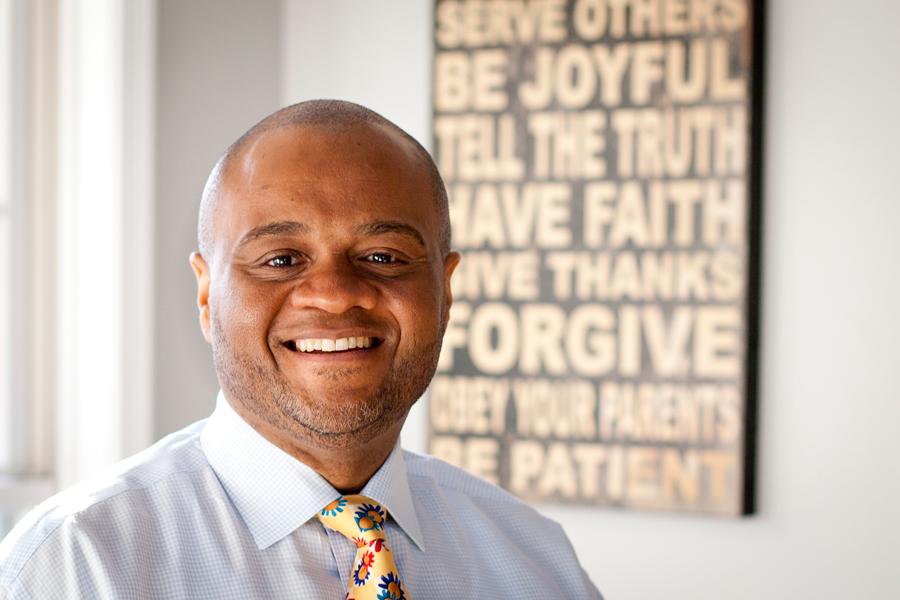New Charlottesville Mayor Juandiego Wade says after two years on city council, he’s ready to take on the leadership role. He has already identified his priorities for 2024 including the city budget, collective bargaining, concerns with the schools and perhaps most controversial of all, the implementation of the city’s new zoning ordinance.
“It’s going to be learning for all of us,” Wade says of the rezoning, which allows for massively increased density in all parts of the city and has been the subject of criticism and controversy.
“We tried to factor in all that we could, but we just don’t know how the public will react to some of the things,” Wade told Charlottesville Right Now.
Many members of the public have already expressed concerns about issues that may arise from increased density including parking, traffic, and strain on public utilities. Another frequently cited concern is the new zoning code’s potential effect on property values.
City resident Ben Heller, who has worked closely with the group Citizens for Responsible Planning, told Charlottesville Right Now he has recently analyzed city home sales data from 2023 to see how different types of properties will be affected. He sees evidence that developers are focusing on low-value structures built on high-value land because those offer the greatest potential for profit. In several previous years he examined, high-value structures in the city sold at a greater level above their assessed values than low-value structures.
In 2023, with the new zoning code underway, Heller found that the order reversed.
“D [-grade] properties are trading 18.5 percent above their assessed value,” he told Charlottesville Right Now. “B and C are both 9 percent above assessed.” He found that the highest value properties, those graded an “A” by city assessors, traded at just 5.7 percent above their assessed value.
Heller said this phenomenon has also been documented after upzoning in Minneapolis.
“Generally, somebody who’s buying a beautiful mansion doesn’t want to have two cottages in the backyard and they don’t need to have two cottages in the backyard,” he said. “What a developer wants to do is find a piece of property where the structure value is extremely low and they’re only paying for land essentially, and then they can exercise the development option on that land.”
Heller said owners of lower grade homes on valuable land are likely to see their assessments and real estate taxes rise, while owners of larger homes may see their home values depressed as surrounding properties are redeveloped into multi-family units.
“If you have a very large single family house that was built, kind of predicated on the idea that it’s in a neighborhood of other houses like that, it wouldn’t really make sense to build a house like that between two apartment buildings,” he said. “But suddenly the two apartment buildings materialize on either side of you, or there’s a risk of that.”
Heller believes the city’s goal of more affordable housing won’t be served by the rezoning.
“The issue is that the production cost is high…. Houses here, even nice houses here, trade for $350 a square foot, but building it’s going to cost $250 a square foot even if the land is free. So there’s just a limit on how affordable market rate— newly produced market rate— housing can be. There’s just no way to produce houses or even apartments at $200,000 a unit in the market.”
Mayor Wade says he and other city councilors have heard the various ongoing concerns and will be assessing the impact of the rezoning as it is implemented.
“The good thing about this council… is that if we wanted something to go in one direction or we thought it would do something and the development world goes another way, we’ll be willing to change or to modify based on what’s actually happening,” he said. “And we’re not going to be too proud [and] say, ‘Oh no, our way is the right way.’ I think we’re going to be willing to make those changes if needed.”
Listen to the full interview with Mayor Juandiego Wade here.
Listen to the full interview with Ben Heller here.



